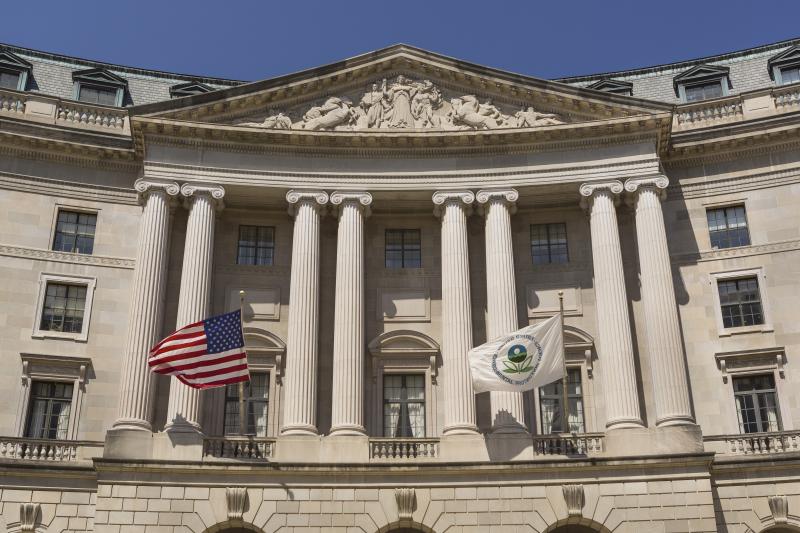Environmental and Occupational Health
Making the world a healthier and better place to live.
Climate change. Toxic air. Water pollution. These are just a few of the unprecedented environmental challenges facing humans today. Students in the Department of Environmental and Occupational Health learn from and work with renowned faculty members to address those challenges and others like them to create healthier environments and workplaces for all.
Graduate Programs
EOH offers two MPH programs as well as a doctorate option.
Whether you are interested in Global Environmental Health or our Environmental Health Science and Policy program, your MPH experience will be enhanced by the proximity to agencies and organization leading the charge here in Washington, DC. And if you're interested in earning a doctorate, the PhD in Environmental Health is perfect for you.
Meet Our Department Chair
Susan Anenberg, PhD
Department Chair
“Our faculty, staff, and students are addressing environmental and occupational issues that are leading public health risk factors in the U.S. and globally, like climate change, pollution, antibiotic resistance and workplace hazards. I’m inspired by their passion and talent, and envision further growing the department’s world class research and engagement with communities and policy processes to advance health, well being and environmental justice locally, nationally and globally.”
Student Opportunities
EOH in the US and Abroad
National & International Opportunities
Each semester, faculty, staff and students from EOH practice what they teach and learn in the classroom with the goal of better health for all.
EOH in DC
In Our Own Community
EOH offers unique opportunities to testify before Congress or work with federal agencies on the most pressing public health problems facing the world.
EOH at GW
Here on Campus
GW is home to a wide range of public health research and practice activities both within EOH and across the university.
Explore EOH
Research
Opportunities in environmental sustainability, occupational health, risk science, infectious disease and community dimensions.
Practice Experience
Our extensive partner network enables students to work with top Washington, D.C. health organizations as practice settings.
Careers and Alumni
Earning one of our degrees can lead to a wide range of professional opportunities. Click for a sampling and alumni profiles.
New In EOH
White House Assignment for Professorial Lecturer and Alumni
Suril Mehta, DrPH ’20, MPH ‘09, BA ‘07, is one busy public health professional. Since January 2023, Mehta has been on temporary assignment at the Council on Environmental Quality (CEQ), a component of the Executive Office of the President, serving as Senior Advisor for Chemical Safety. “Among other things, I help advise the chair of CEQ on critical chemical safety issues and policies,” he says. In this work, Mehta has been lending his collective federal government and public health expertise, and his experience addressing the importance of health protection and science-based policy-making.
Department News

Climate Actions Offer Immediate, Local Benefits Such as Job Creation
New report offers a framework to help encourage local action on climate change
December 9, 2025
To overcome local barriers to climate action, researchers have identified strategies with positive ROI and added benefits such as job creation and cleaner air.

Study Finds Genetic Testing Reveals Often Overlooked Fungal Infections in California Clinics
Cryptic fungal pathogen is a dominant cause of drug-resistant infections in Southern California
December 4, 2025
Study in JAMA Network Open finds a rarely diagnosed, drug-resistant fungus—Aspergillus tubingensis—may be a leading cause of infections in Southern California.

Nearly 1 in 5 Urinary Tract Infections Linked to Contaminated Meat
New study finds people in underserved neighborhoods face the highest risk of foodborne infections
October 23, 2025
New study finds people in underserved neighborhoods face the highest risk of foodborne infections








